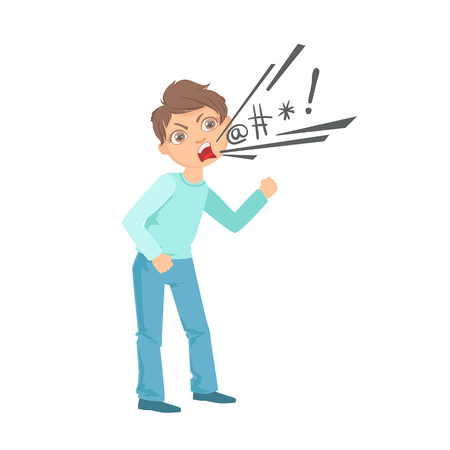How Unitasking and
Etiquette are Related

Multi-tasking has been touted as an efficient method of productivity for years. But research is now debunking the myth that you can get more done when you do more at the same time.
Even switch-tasking - focusing back and forth on one task to the other - is proven to be drastically less productive than you may think.
Which leads us back to the old-fashioned method of getting things done: unitasking, or simply doing one thing at a time.
Not only is unitasking proven to make you more productive, it also makes you more etiquette-ful.
The Pitfalls of Multi-tasking
Multi-tasking, and even switch-tasking, can give the illusion that you are busy, in demand, a mover and shaker. But this perception only exists in a small number of scenarios.
The majority of the time, you likely appear to be flighty, unorganized, and unable to focus. Your boss is afraid to think of the number of typos in your presentation, your spouse and children feel they can't get your full attention, and you've had several near-misses on the road because you just had to answer that one text message.
Constant busy-ness will definitely steal the important things in life if you let it.
The Virtues of Unitasking
The practice of doing one thing at a time is nothing new. But it is a best practice.
Imagine how much better you might communicate at work and at home if you allowed yourself to finish one thought before moving on to another one.
Rather than consuming your time and energy with busy-ness, imagine if you focused your attention on one thing, completed it, then moved on to another thing and completed it.
You could check off each task on your to-do list more quickly. It would save energy because you are not only focusing on a single thing, you also don't have to use your brain power to remember at what point you leave one project to move to another one.
Unitasking helps you move a project to completion more quickly, and reduces the amount of physical and mental energy you have to give to a project, which also reduces your stress level.
Now that's a win-win!
One More Thing!
How does unitasking make you more etiquette-ful?
When you are less stressed, more focused, and give yourself room to be attentive to the people and situations around you, it's easier to be calm and positive.
Examples:
- Working from home you are attending a tele-meeting. You've chosen to be fully present at the meeting, choosing not to work on other projects out of everyone's sight. You happen to notice that a co-worker keeps switching to his non-video photo. After the meeting, you send a friendly email to that person, asking if everything is ok, mentioning that you'd noticed they were in and out of personal visual space.
- Your spouse comes home from in-person work and you immediately tune-in to the fact that something is wrong. You turn off the television, put your phone away, and focus on the conversation he needs to have with you, because he needs your attention and support in that moment.
Notice the common denominator in each situation: attention. By paying attention and being mindful of the things and people in your vicinity, you can effortlessly give the gifts of courtesy and kindness.
Put it into Practice
Begin practicing unitasking and incorporate it into your life. I challenge you to try it every day for a week:
- Using a task list, cross off each task as you complete it.
- When you stray into multitasking, make a note of it and bring yourself back to the list.
- At the end of each day, write in your journal or at the bottom of your task list how you felt doing this.
Like any new habit, it will get easier by the end of the week. You may even notice you feel more productive, have a greater sense of accomplishment, and feel more connected to the people in your life.
You might also notice that you're more empathetic, show more courtesy, and have more respect for others. How is it for you?














